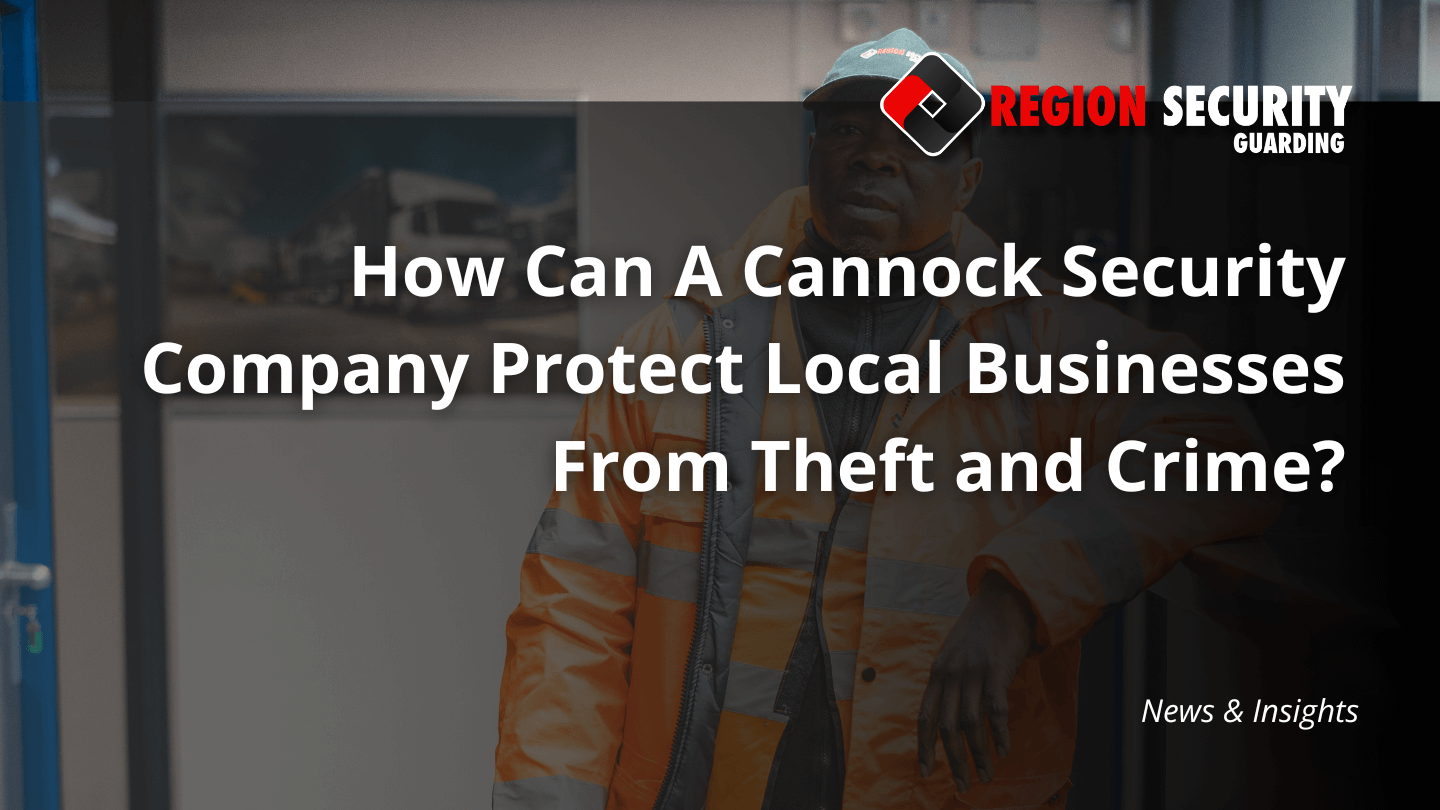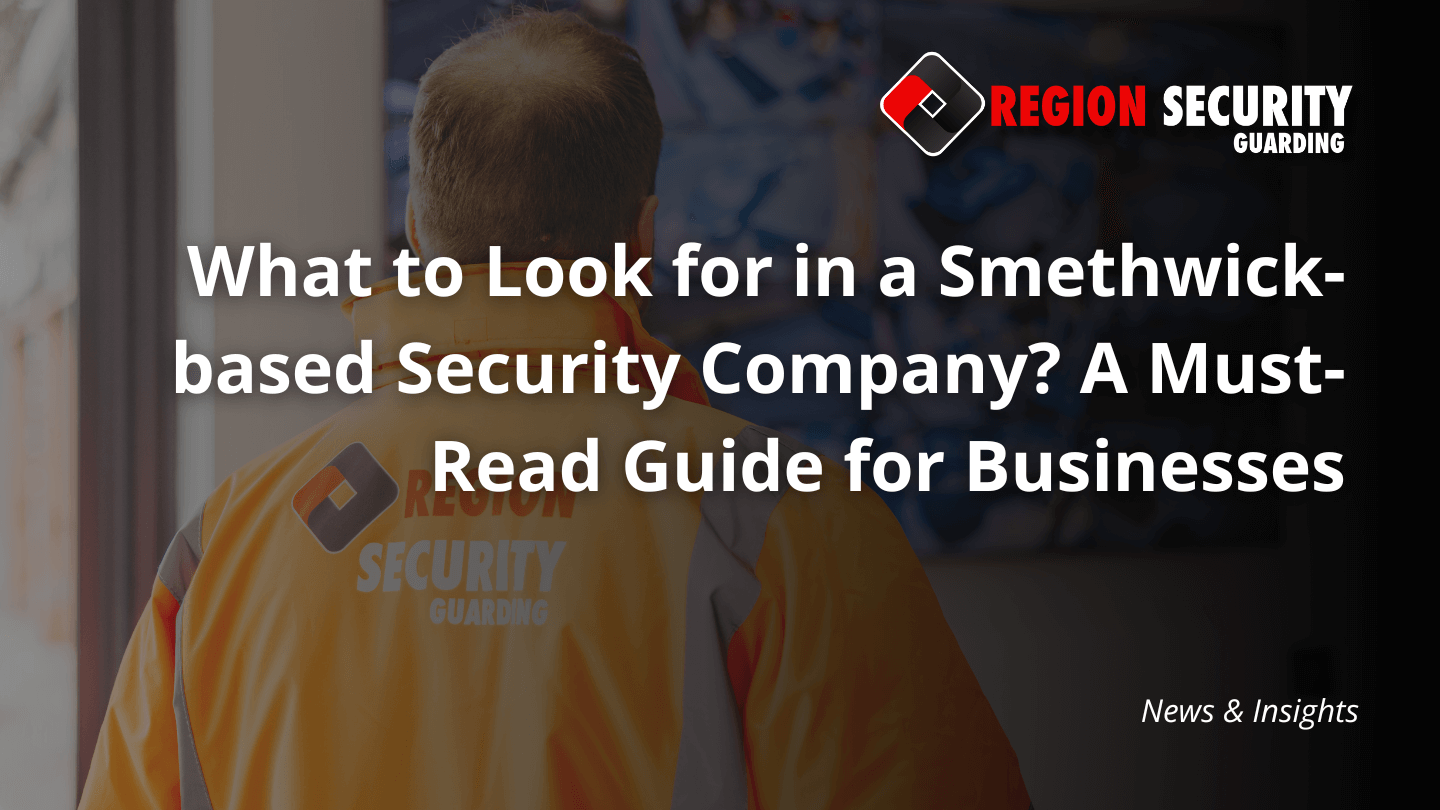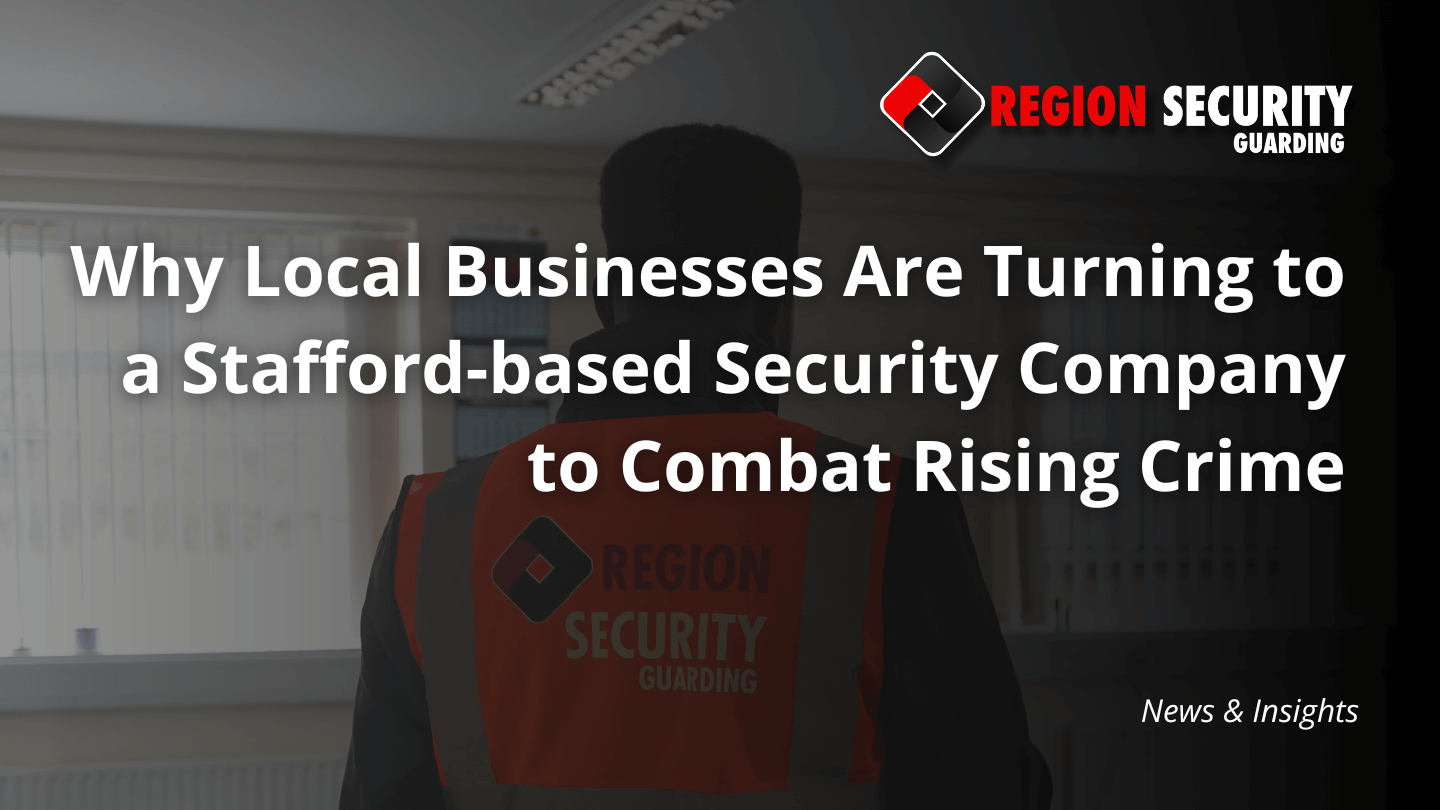Security guards are highly common in both the UK and the USA, serving as key components of the security industry. According to online statistics from Zippia, the USA employs approximately 823,148 security guards, while data from Statista indicates that the UK has around 160,100 active security personnel. Despite their shared role in maintaining safety and order, are security guards in these two countries truly comparable? Do they perform the same tasks or wear similar uniforms?
And what is the difference between USA and UK security guards? We will explore aspects such as the equipment they use, the nature of their duties, and the distinct powers they possess.
Table of Contents

Are UK and USA Security Guards the Same?
While security guards in America and the UK have notable differences, they also share several key similarities. One primary similarity is their overarching duty: providing security and protection for businesses. Companies in both countries hire security guards to safeguard customers, employees, and assets, as well as to deter and respond to security threats such as criminal activity.
Another shared aspect is the types of businesses they serve. Security guards in both the UK and the USA commonly protect establishments such as retail stores, hotels, event venues, schools, office buildings, and vacant properties. This highlights the universal need for professional security across various industries.
What is the Difference Between USA and UK Security Guards?
As mentioned earlier, UK and USA security guards share some similarities, but how do they differ? The most notable differences lie in the powers they possess, the equipment they use, their uniforms, and the licensing requirements they must meet.
These differences are explored in greater detail throughout this article, beginning with the process of becoming a security officer.
How Do I Become a Security Officer in the UK?
In the UK, no specific educational qualifications are required to apply for a security guard position. Instead, applicants must meet the following criteria:
- Be at least 18 years old.
- Complete security training.
- Obtain a first aid qualification.
- Hold an SIA (Security Industry Authority) security guard licence.
- Be a UK citizen or have the legal right to work in the UK.
- Pass background checks, including criminal record and mental health checks.
What Security Licence Do Guards in the UK Need?
To become a security guard in the UK, you must obtain a security licence approved by the SIA. The most common licence for security officers is the SIA Security Guard Licence, which typically costs £184. To earn this licence, applicants must complete specific security training courses and hold a first aid qualification.
How Do I Become an American Security Guard?
Similar to the UK, American security guards are not required to have specific academic qualifications to become a security officer. However, they must meet several basic requirements, including being at least 18 years old, having the right to work in the USA, holding a security licence, and passing background checks such as a criminal record check.
It’s important to note that security guard requirements can vary by state, so anyone looking to become a security officer in the USA should review the specific regulations for the state where they plan to work.
A key difference between becoming a security guards in the USA and the UK is the licensing system. In the USA, security guards can hold one of two types of licences: the Class D Security Licence or the Class G Security Licence.
What is a Class D Security Licence?
The Class D security licence is the most common licence held by security guards in the USA, typically issued to unarmed security officers. It closely resembles the UK’s SIA security guard licence in terms of its requirements and role.
What is a Class G Security Licence?
The second licence available to US security officers is the Class G security licence. This is a higher-level licence that permits guards to carry weapons. To work in armed security, an individual must hold both a Class D and a Class G security licence.
What Do American Security Guards Wear?
Another notable difference between US security officers and UK security guards is their uniforms. American security guards often wear outfits that resemble police uniforms, typically featuring dark colours like blue and black. Their standard attire includes dark jackets, heavy-duty boots, and black trousers.
What Do Security Guards in the UK Wear to Work?
In contrast, UK security guards typically wear bright-coloured hi-vis jackets or soft-shell jackets. The uniform worn by a UK security guard often depends on the type of business they are working for. For example, guards at warehouses or construction sites usually wear orange or green hi-vis jackets along with heavy-duty boots. On the other hand, guards working at events or retail stores typically wear more professional uniforms, such as black soft-shell jackets and dark-coloured trousers.

What Security Equipment is Used in the UK?
The security equipment used by guards in both the UK and the USA can vary. In the UK, security guards typically carry and use equipment such as:
- First aid kits
- Walkie-talkies
- Two-way radios
- Security duty belts
- Body cameras
- Flashlights
What Equipment Do US Security Officers Use?
While American security guards use some of the same protective equipment as their UK counterparts, such as security duty belts, walkie-talkies, flashlights, and body cameras, they are also permitted to carry additional items. American security guards may be authorised to carry weapons, including batons, pepper spray, and firearms.
What Powers Do Security Guards Have in the UK?
The final key difference between security officers in the UK and the USA is their legal powers. In the UK, security guards are not considered law enforcement officers, meaning they do not have the authority to make arrests or search someone’s belongings without consent.
If a UK security guard suspects a crime is being committed, they can perform a citizen’s arrest and detain the individual until the police arrive. However, UK guards are not permitted to carry or use firearms due to the country’s strict gun control laws.
What Powers Do Security Guards Have in the USA?
In the USA, security officers, like their UK counterparts, are not considered law enforcement and therefore cannot make formal arrests or detain individuals. However, they are allowed to perform a citizen’s arrest if they believe someone is committing a crime.
Unlike the UK, the USA has different laws regarding the carrying of weapons. As a result, American security officers are permitted to carry armed equipment, such as batons. Most American security guards typically carry batons on their duty belts during their regular shifts.
So, What is the Difference Between USA and UK Security Guards?
Overall, American and UK security guards share similarities, as both are tasked with providing businesses with protection. However, there are several key differences. In the UK, security guards need only one licence to work, while in the USA, there are two types of security licences to choose from. Additionally, American security guards are permitted to carry armed equipment, whereas UK security officers are not.
Despite these differences, security guards in both countries play a crucial role in safeguarding businesses, their employees, and assets from various security threats.
If you’re interested in staying up to date with the latest UK security guard news, be sure to check out our news and insights page. There, you’ll find articles on topics such as Where Do Security Guards Work? and What Does a Security Guard Do?
Business Security You Can Rely On
Trusted by leading businesses nationwide for reliable, 24/7 protection.
or call 0330 912 2033

We have used Region security for quite a while now. Top notch service, great guards and helpful staff. We love our guards and the team for all of their help / work. No need to try the other companies at all."
Andy Yeomans - Jones Skips Ltd
Great company, professional services, friendly guards and helpful at times when required."
Rob Pell - Site Manager
A professional and reliable service. Always easy to contact and has never let us down with cover. No hesitation in recommending and competitively priced also. After using an unreliable costly company for several years it is a pleasure to do business with Region Security"
Jane Meier - Manager
Region Security were very helpful in providing security for our building. We had overnight security for around 4 months. The guards themselves were professional, easy to reach and adapted very well to our specific needs. Would definitely recommend Region for security needs.
Lambert Smith Hampton
Great service. Reliable and professional and our lovely security guard Hussein was so helpful, friendly but assertive with patients when needed. He quickly became a part of our team and we would love to keep him! Will definitely use this company again
East Trees Health Centre
Fantastic Service from start to finish with helpful, polite accommodating staff, we have used Region Security a few times now and always been happy with what they provide.
Leah Ramsden - Manager




